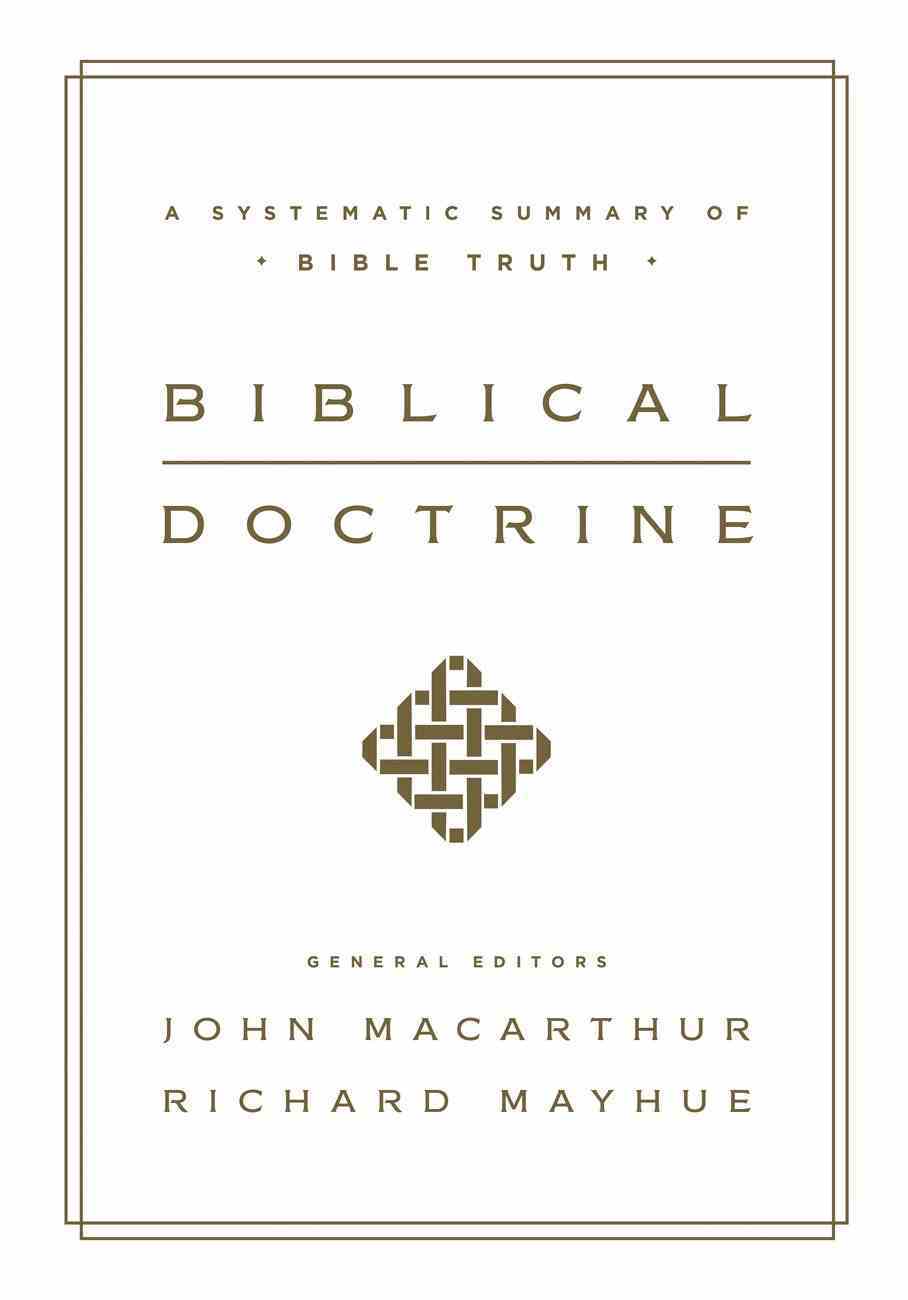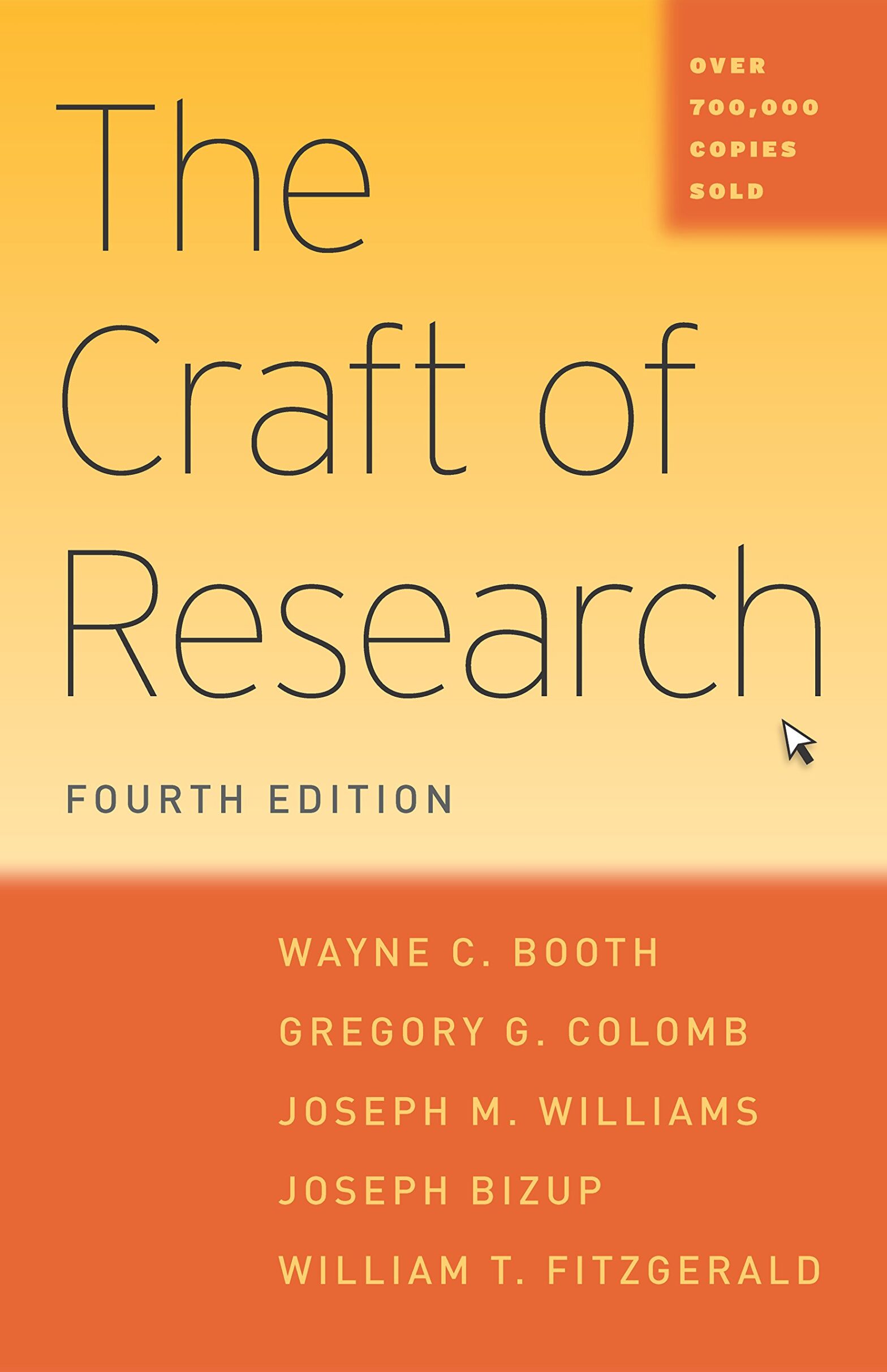The schools of thought on human psychology are numerous. But the proponents of such, like behaviorism or psychoanalysis, are at best ineffectual, at worst harmful, without an ideal on which to set the patient’s eyes. For the Christian, the ideal man is the Christ Jesus. And systematic theology is a means by which to know Him.
In the book Biblical Doctrine: A Systematic Summary of Bible Truth, John MacArthur and Richard Mayhue describe in powerful brevity the pathway to personal change.
It begins with informing the intellect (knowing and understanding). The intellect shapes what we believe and love in our heart. Our will desires what we love and repudiates what we hate. Our actions then accord with what we want most. The mind shapes the affections, which shape the will, which directs the actions (MacArthur and Mayhue 2017).
The mind rules the heart; and what the mind is filled with, the heart will love. What we love is what we desire, and desire is what fuels and directs our actions. I would go further to say that our actions then reverberate back through the chain of causation above; amplifying, reinforcing, and conditioning each layer of our psyche.
If you want a better you, fill your mind with the knowledge of the good. Fill your mind with Christ.
- MacArthur, John, and Richard Mayhue, eds. 2017. Biblical Doctrine: A Systematic Summary of Bible Truth. Wheaton, Illinois: Crossway.




